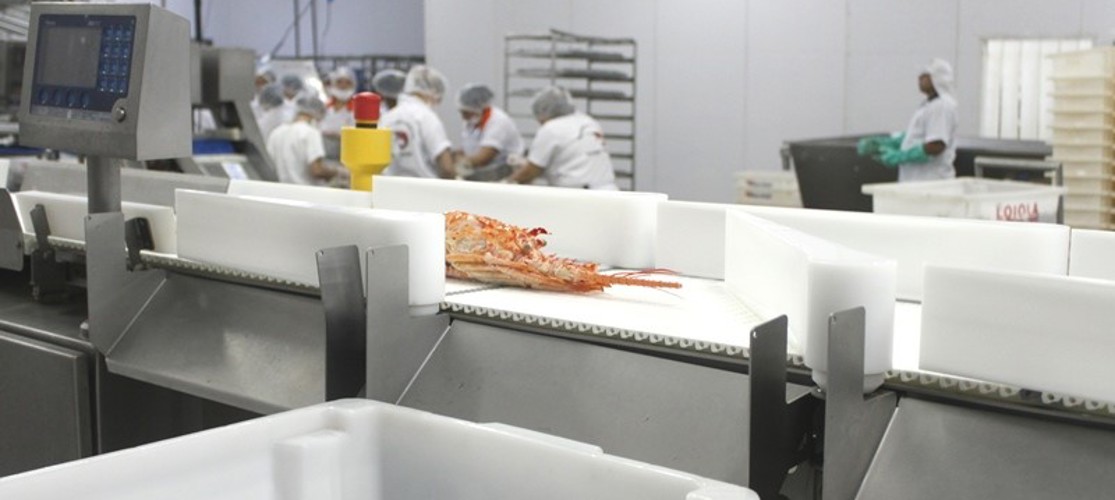Modernized processing
Compex Pescados, Brazil’s leading lobster exporter, began producing lobster tails for export in 1994. In addition to producing 400 tons of whole lobster and 110 tons of lobster tail per year, the company also produces around 400 tons per year of snapper. Its main markets are in Asia and Europe, as well as North America.
At first, Compex Pescados outsourced the processing of lobsters to other partner companies, but later acquired its own facility in Fortaleza, Ceará, on the north-east coast of Brazil, where it renovated an old processing plant. The plant has been completely modernized with state-of-the-art equipment, but demand for products is so great that the company still outsources some processing.
Certified quality
Compex Pescados values the quality of its final products above everything else and is the only company in the Brazilian fishing industry to achieve ISO 22000 certification. This certifies that the company fulfills a strict set of international standards for food safety management. It means that the company has demonstrated its ability to control food safety hazards and ensure that its products are safe, and it is a badge of honor in the industry that adds to Compex Pescados’ competitive edge.
Accurate, automatic grading
Compex Pescados was clear from the start that their equipment supplier needed to offer reliability, durability and quality. They made the decision to invest in a Compact Grader, to once they saw that the equipment demonstrated greater accuracy and more advanced technology than similar graders on the market.
Before the grader was installed, the company was performing manual grading, using scales and a specialized workforce. This hampered productivity, as it is costly and leads to a greater margin of error in the giveaway in the final packing of products, where accuracy is vital.
By investing in the Compact Grader, Compex improved this process and reduced giveaway. The investment also made the production more hygienic by reducing the cross-contamination that is inevitable when the product is constantly being handled.
The installation of the equipment was done quickly and smoothly. As soon as the grader was up and running, the company realized how accurate and reliable the equipment is, as well as how much it boosted their control of production (counting and weighing individual pieces). They also realized how useful it was to have a full overview of throughput and performance.
